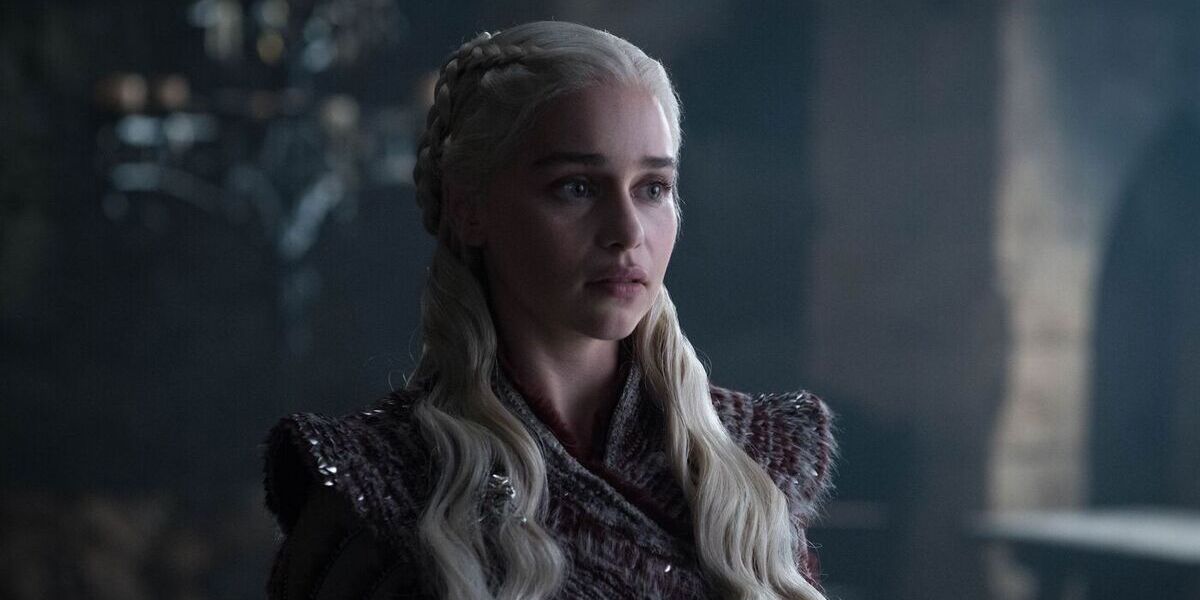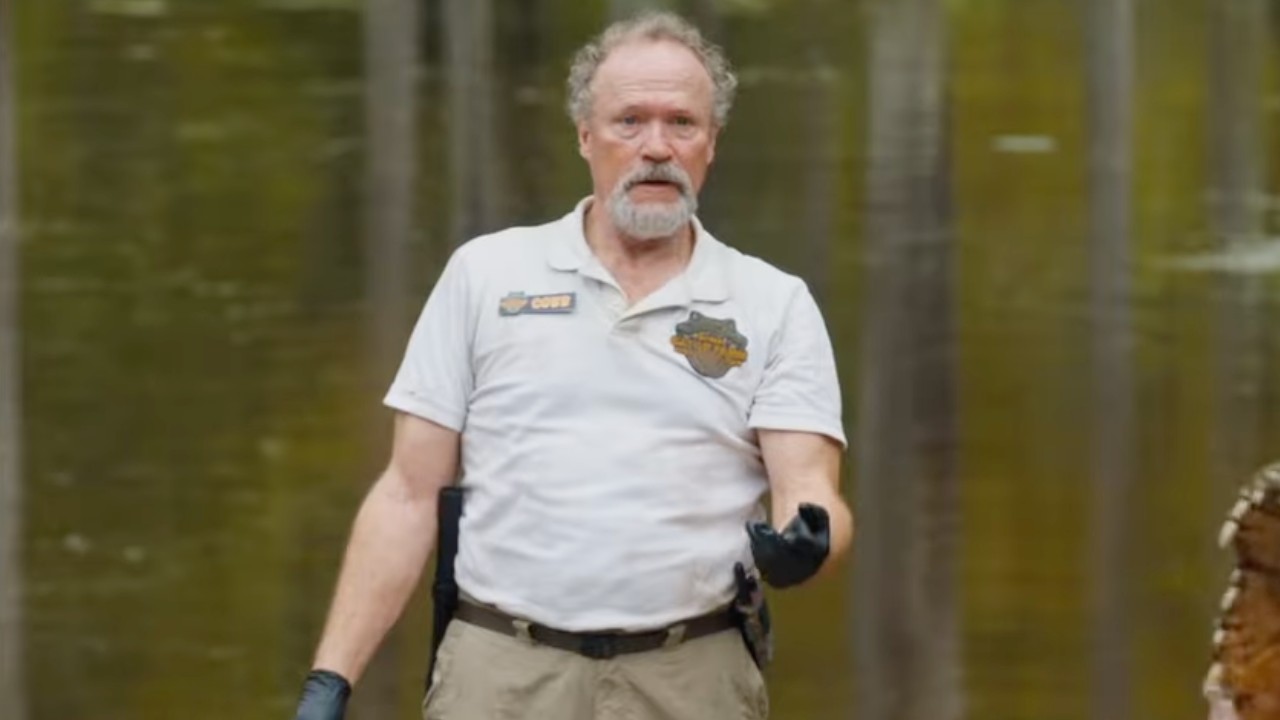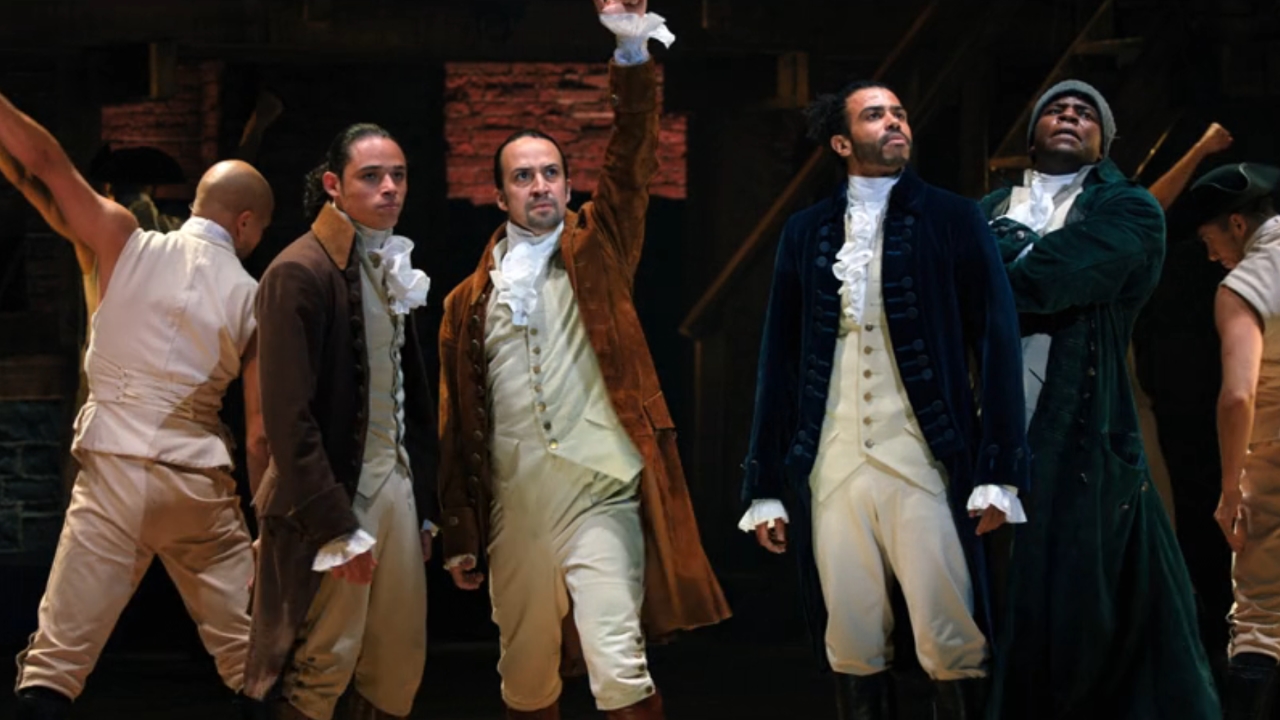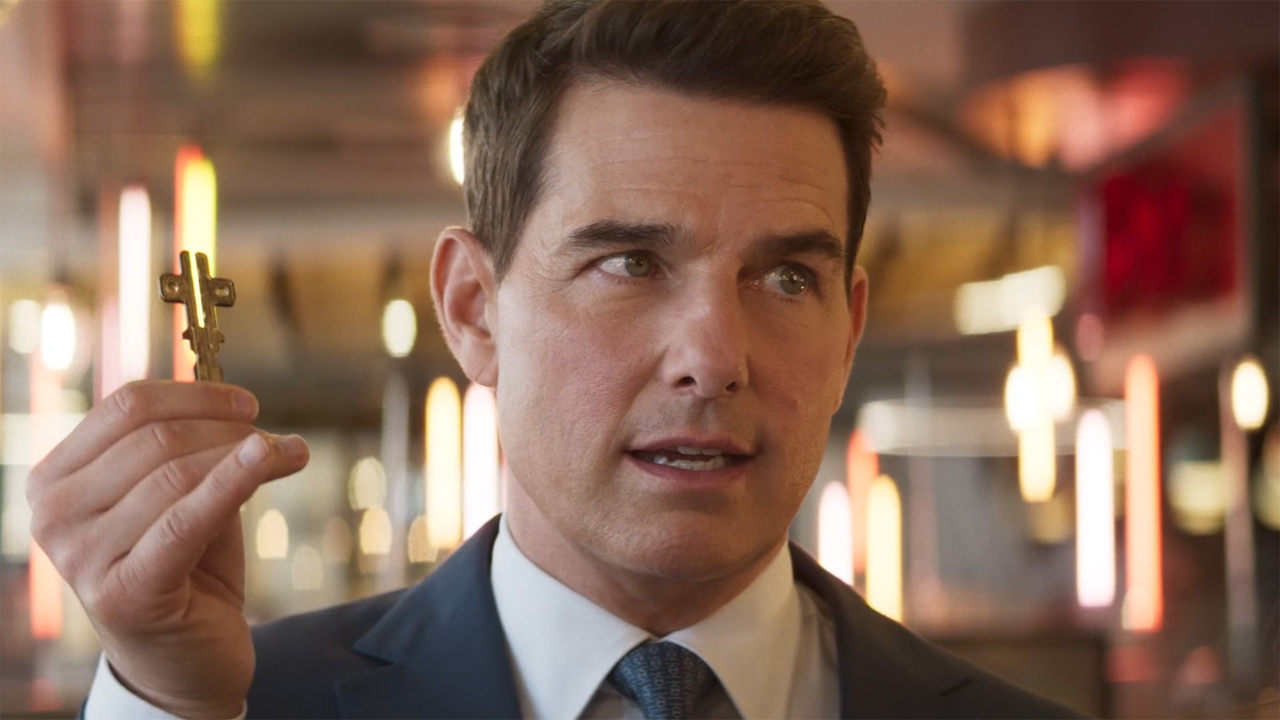Why Game Of Thrones' Polarizing Final Season Might Actually Have Been A Good Thing For The Franchise

The final season of Game of Thrones in 2019 was undoubtedly one of the most highly-anticipated events in modern television history. Unfortunately, the end of the final season was polarizing, to say the least, with Daenerys' abrupt turn into a burn-happy mad queen, Bran becoming king of Westeros, and more. The unpopularity of the finale with many fans definitely wasn't good for the show itself, but now, more than two years after the final episode, it seems that the polarizing final season might have actually been good for the overall franchise.
HBO is actively working on expanding the world of Westeros on the small screen with a spinoff centered on House Targaryen in the days long before Robert Baratheon's rebellion, and House of the Dragon will be ready for premiere in 2022. Somewhat surprisingly, it is the only Game of Thrones spinoff to receive a series order, despite another spinoff actually going into serious development in 2018, before Thrones had even ended. That spinoff, which would have starred Naomi Watts, reached the pilot stage of development and didn't get the axe until after the polarizing end to Game of Thrones.
All things considered, it seems that HBO is being cautious about how it continues to expand the Game of Thrones universe when a vocal chunk of the fanbase was soured on the storytelling by how Thrones itself ended. In fact, HBO content chief Casey Bloys recently confirmed the current state of the Game of Thrones universe at a WarnerMedia press event (via Deadline), saying:
The good news is that everything you do [connected with GoT] becomes news. Any script that is development or script that is pitched becomes news and it inevitably get reported and people assume they are in production. Only House of The Dragon is in production, the rest is in development, and we will make a decision. Nothing else is greenlit but a lot of interesting [projects in] development.
Casey Bloys' comments come after the beginning of production on House of the Dragon was celebrated along with news of several other potential series, ranging from live-action projects that could be headed to HBO to an adaptation of George R.R. Martin's Tales of Dunk & Egg novellas while book fans continue waiting for The Winds of Winter novel, and even an animated series that would release on HBO Max. Bloys was clear that House of the Dragon is theonly project that is guaranteed to become a show at this point, while anything else is developing.
And it's hard not to wonder if the caution about the future of the Game of Thrones universe is more about the blowback after the final season than anything else. Thrones didn't exactly end on a high note that left all fans clamoring for more, so it might take a truly stellar first followup series to guarantee that the franchise can become a success beyond the first show. If that's the case, then some caution and care being taken with projects following Game of Thrones has to be a good thing.
I know that I'll accept the long wait from the end of Game of Thrones to the premiere of the first spinoff if that means House of the Dragon is a fitting followup, and not just a show that was rushed through development to get Westeros back on HBO as soon as possible. HBO is seemingly pulling out all the stops for House of the Dragon, and readers of George R.R. Martin's Fire & Blood have a good idea of the complex stories that the first spinoff could weave and set the stage for the future of the franchise.
CINEMABLEND NEWSLETTER
Your Daily Blend of Entertainment News

Laura turned a lifelong love of television into a valid reason to write and think about TV on a daily basis. She's not a doctor, lawyer, or detective, but watches a lot of them in primetime. CinemaBlend's resident expert and interviewer for One Chicago, the galaxy far, far away, and a variety of other primetime television. Will not time travel and can cite multiple TV shows to explain why. She does, however, want to believe that she can sneak references to The X-Files into daily conversation (and author bios).









